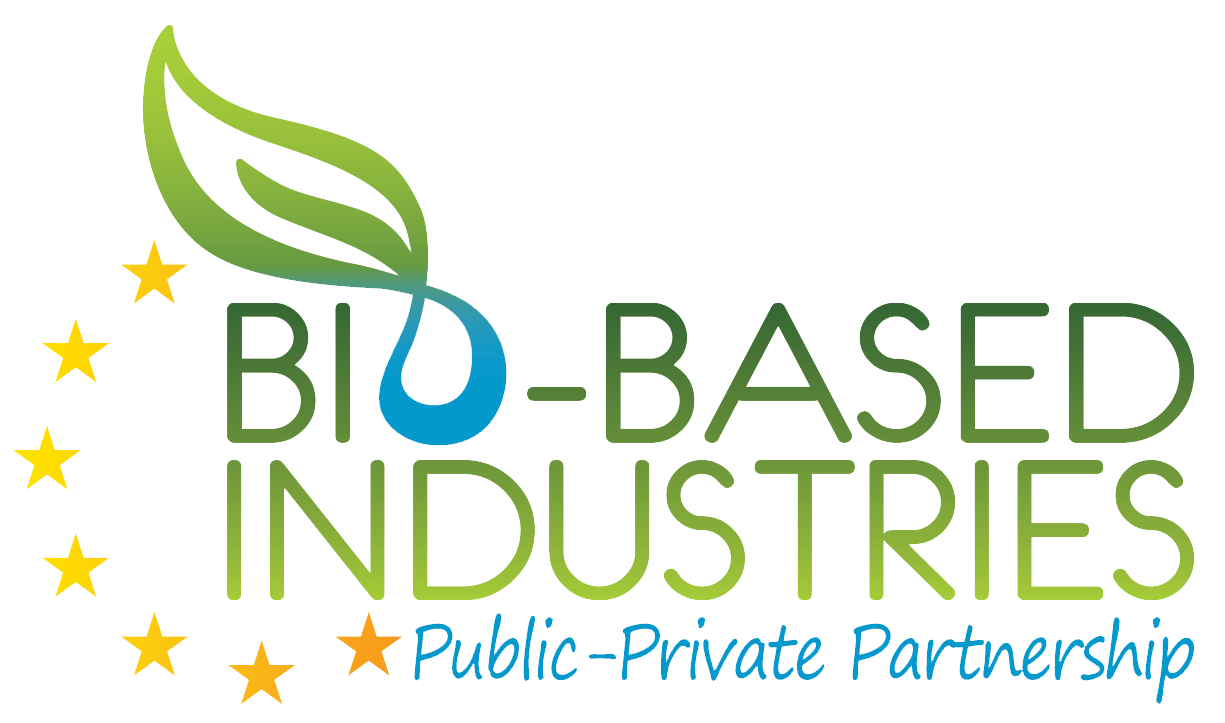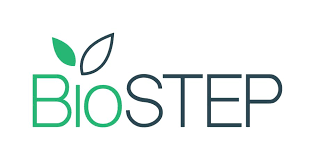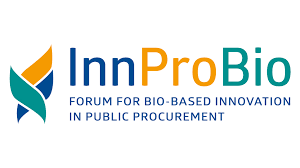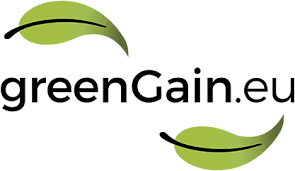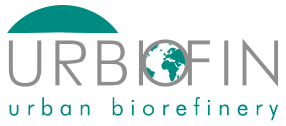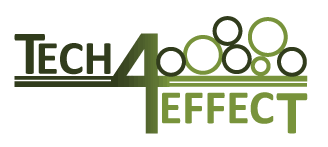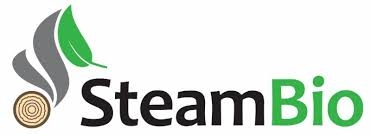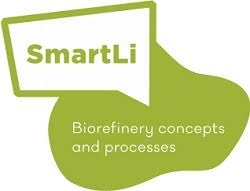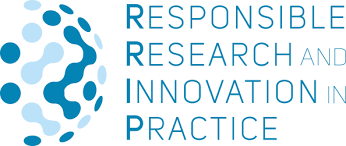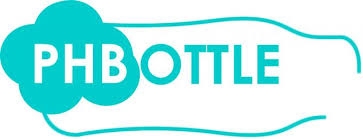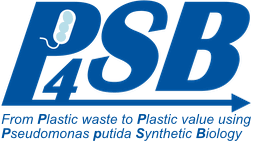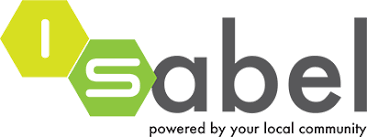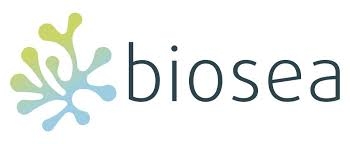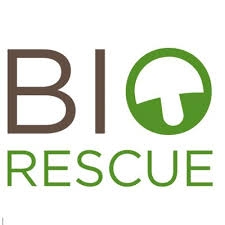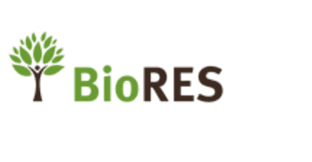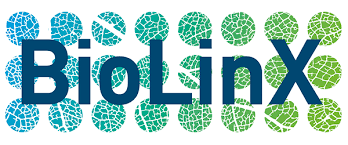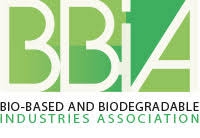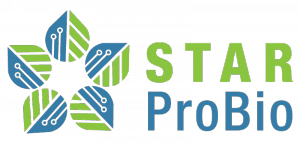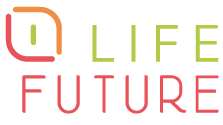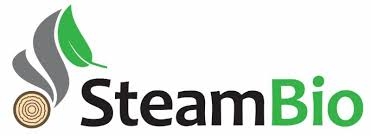
The objective of SteamBio is to demonstrate a mobile processing concept that will enable efficient pre-treatment of agro-forestry residues for use as flexible feedstocks in chemical and process industries. These ligno-cellulosic materials originated from rural locations will be upgraded and densified into uniform sizes at source, allowing cost-effective transportation to existing industrial sites.
The core enabling technology is superheated steam processing (SHS). SHS has been implemented in diverse drying applications at industrial scales, due to its superior heat transfer properties. At pilot scales, SHS has been proven to torrefy biomass at temperatures up to 300°C with minimal ligno-cellulose breakdown. Unlike conventional torrefaction techniques, which use flue gases as heating medium, it does not contaminate the torrefied biomass and volatile fractions, allowing economic recovery of chemicals. Moreover, it is also readily scalable for continuous operation.
In SteamBio, a transportable demonstrator unit will be operated at five different rural locations where it will be used to torrefy tonnage quantities of six different agro-forestry residues at a throughput of 500 kg/h. The demonstrator unit will be operated at these rural locations throughout the last twelve months of the project to allow for seasonal fluctuations in the composition of the materials being valorised.
The torrefied biomass fractions (solid and liberated volatiles) will then be validated as green building blocks in commercially relevant chemical production and in bioenergy use. Life cycle experts will validate that SteamBio will have positive environmental impacts. A robust business strategy will be developed to enable the results to cross the "valley of death" post-project and to ensure widespread market replication. Project delivery will be achieved by an interdisciplinary team from research and from the entire industrial and commercial supply chain from fields through to factories.
The project is one of the relevant initiatives supporting the development and uptake of bio-based products at European and regional level identified by BIOWAYS. They have collaborated with BIOWAYS by providing valuable insights into their work and meaningful evidence and information regarding a series of areas such as their expected outputs and market uptake, the legislation and policy framework that affects them, the user’s perspective on their outputs and the impact, visibility and exploitation potential of their project/outputs.
